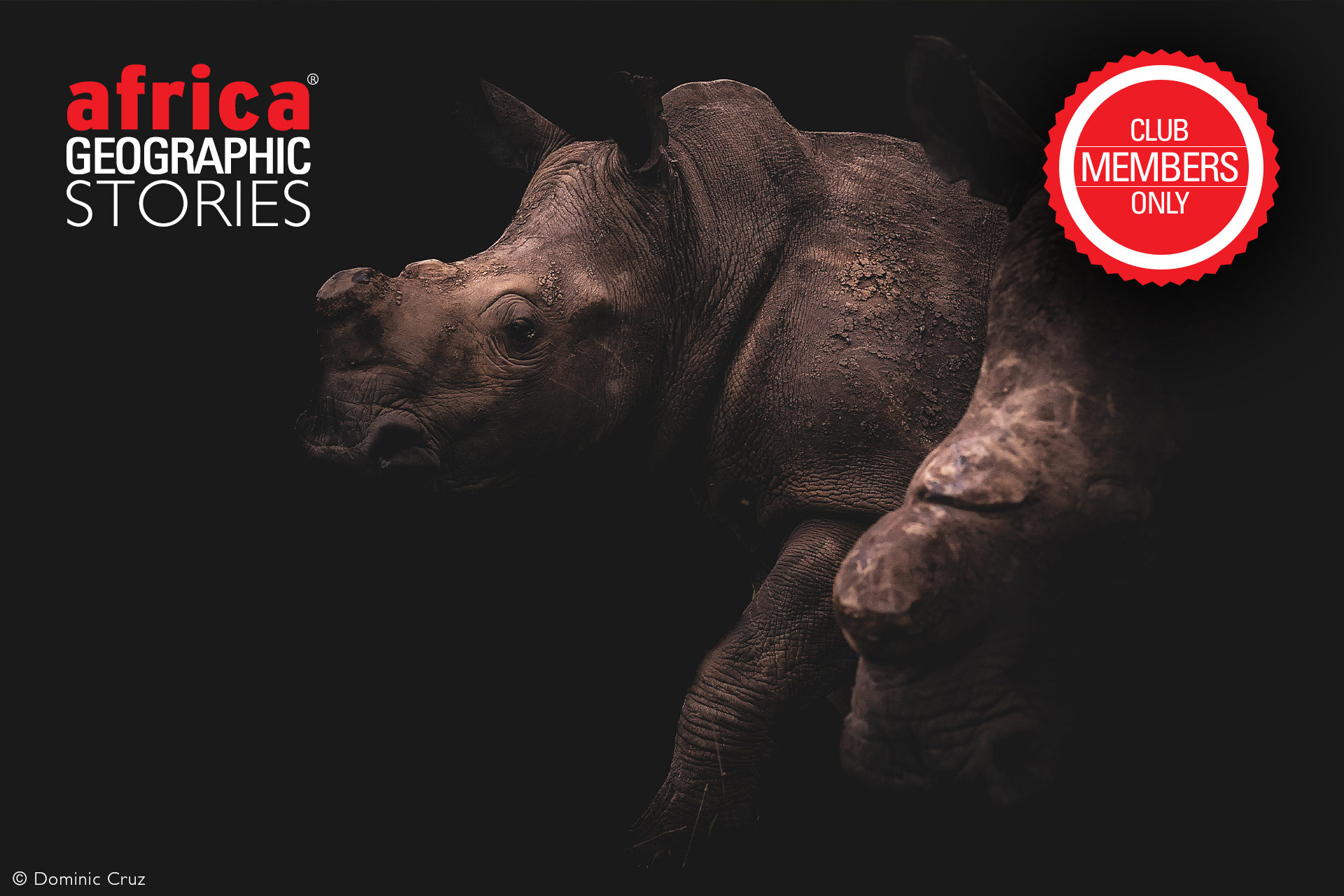

As conservationists and rangers work around the clock to protect Africa’s rhinos, scientists on the other side of the globe are attempting to unravel different aspects of the trade: including the perspectives and market preferences from actual consumers of rhino horn. Do these consumers prefer the horn of a wild rhino over that of a “farmed” or captive rhino? The answer to this question has a significant bearing on the potential impact of legalising the trade in rhino horn.
Rhino populations in Africa continue their dizzying decline due to poaching. The Kruger National Park – a protected area in South Africa where populations were once thriving – for example, has experienced a 75% decline in population numbers in the past 10 years. Conservation circles are locked in a fierce debate on whether legalising the horn trade would save these iconic animals or be the instrument of their final destruction. (A complete summary of the nuances of this debate can be found here: Rhino horn trade – yes or no.) The success or failure of a controlled trade strategy will depend on several factors, including how the market develops if legal restrictions are removed. This is a complex question involving everything from economics to sociology, and it is almost impossible to predict accurately.
Login or get our app to read more (it's free!)
To comment on this story: Login (or sign up) to our app here - it's a troll-free safe place 🙂.![]()






